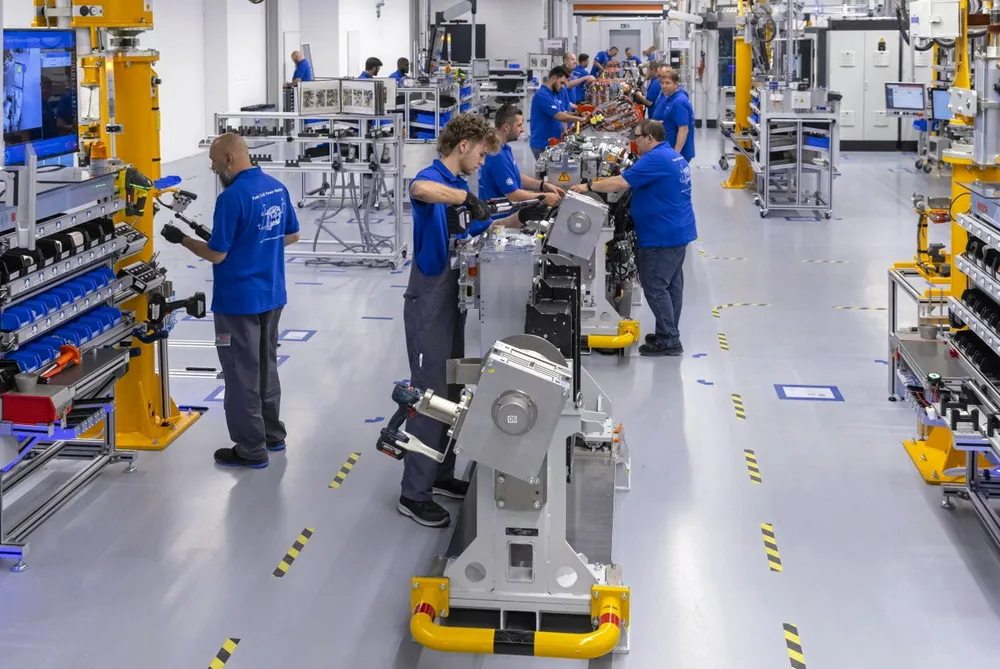Bosch projects €5bn in hydrogen technology sales by 2030, as it starts commercial production of fuel cells
The firm will invest an extra €1bn up to 2026 amid optimistic projections that one in five new trucks weighing six tonnes or more will run on H2 by 2030
